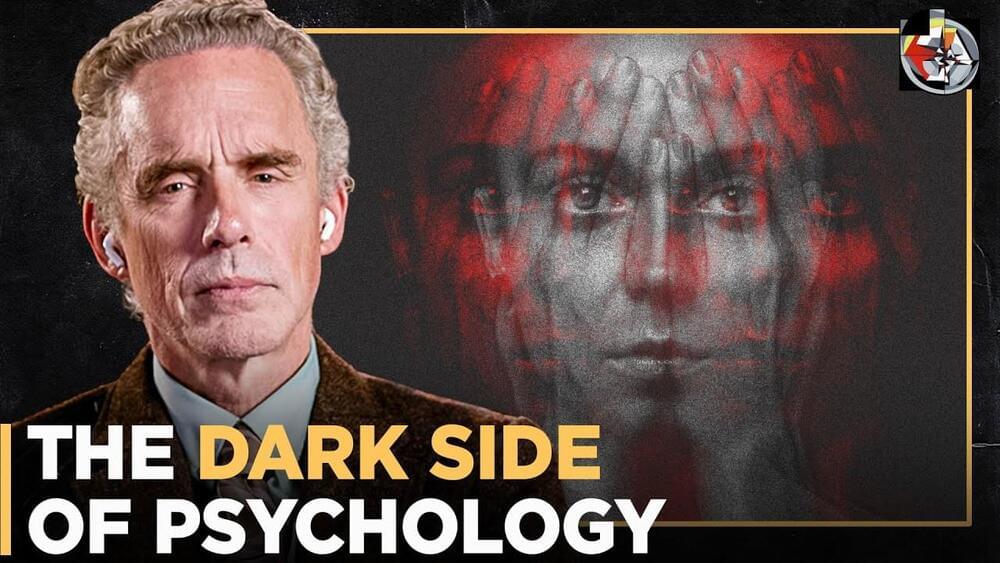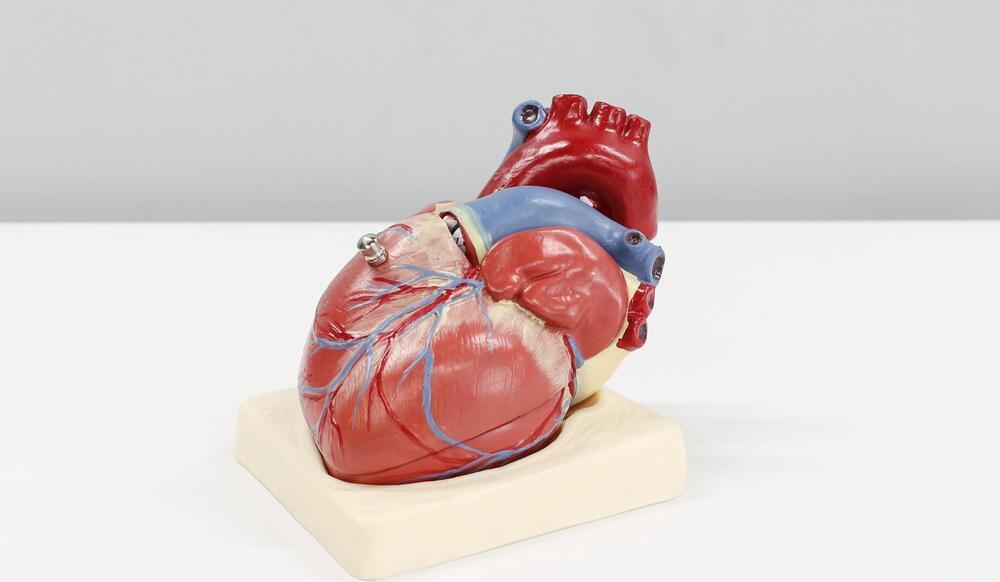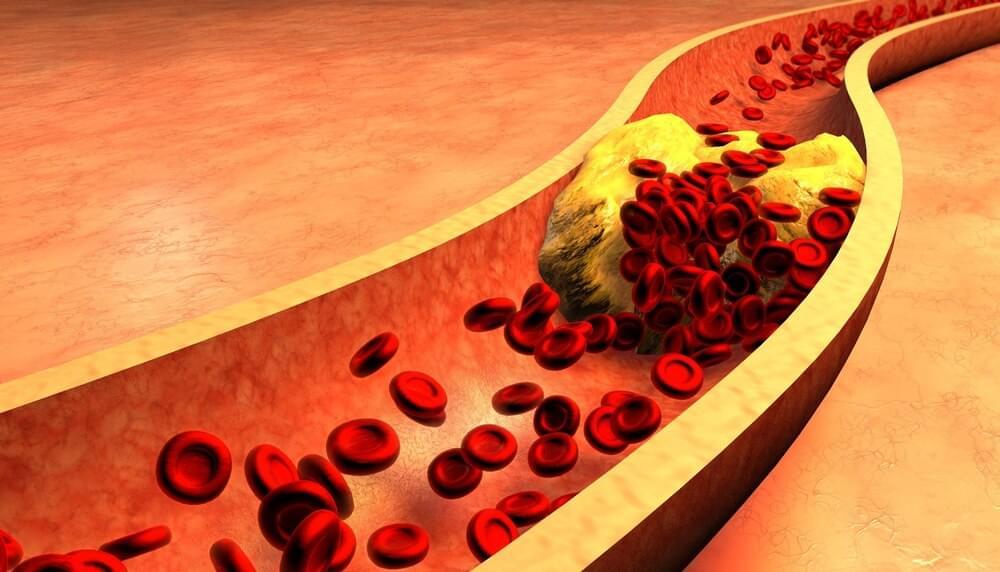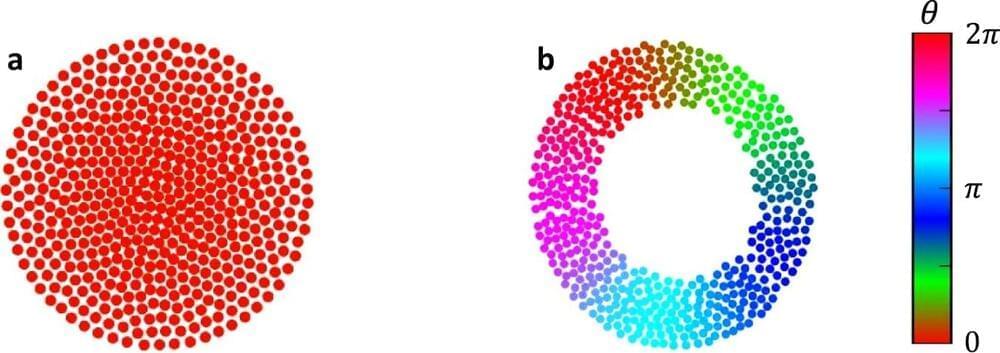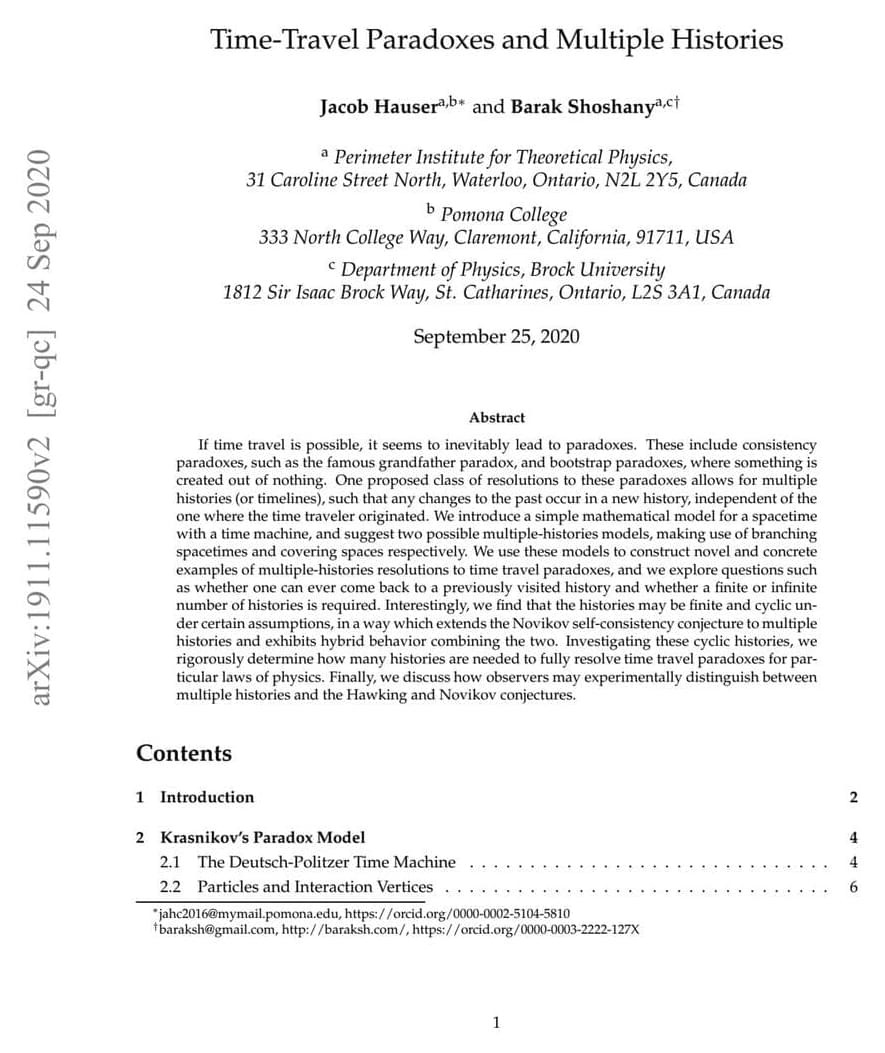Mar 6, 2023
Women, Pornography, and Sadism | Dr. Del Paulhus | EP 327
Posted by Kelvin Dafiaghor in category: neuroscience
Dr Jordan B Peterson and Dr. Del Paulhus delve deep into the Dark Tetrad: Machiavellianism, Narcissism, Psychopathy, and the newly added Sadism. From these four traits, researchers can quantify much of the darkness of humanity, and begin to study it in a way that yields numerical results, and the potential to make substantial predictions.
Dr. Delroy Paulhus is a personality researcher whose work in dark personality traits, via a variety of psychometric methods, has yielded measures of the Dark Tetrad. His work has also validated measures of socially desirable responding, perceived control, free will and determinism, and over-claiming. His work has been published in over 150 articles and books, and his current citation count exceeds 43,000.
Continue reading “Women, Pornography, and Sadism | Dr. Del Paulhus | EP 327” »
